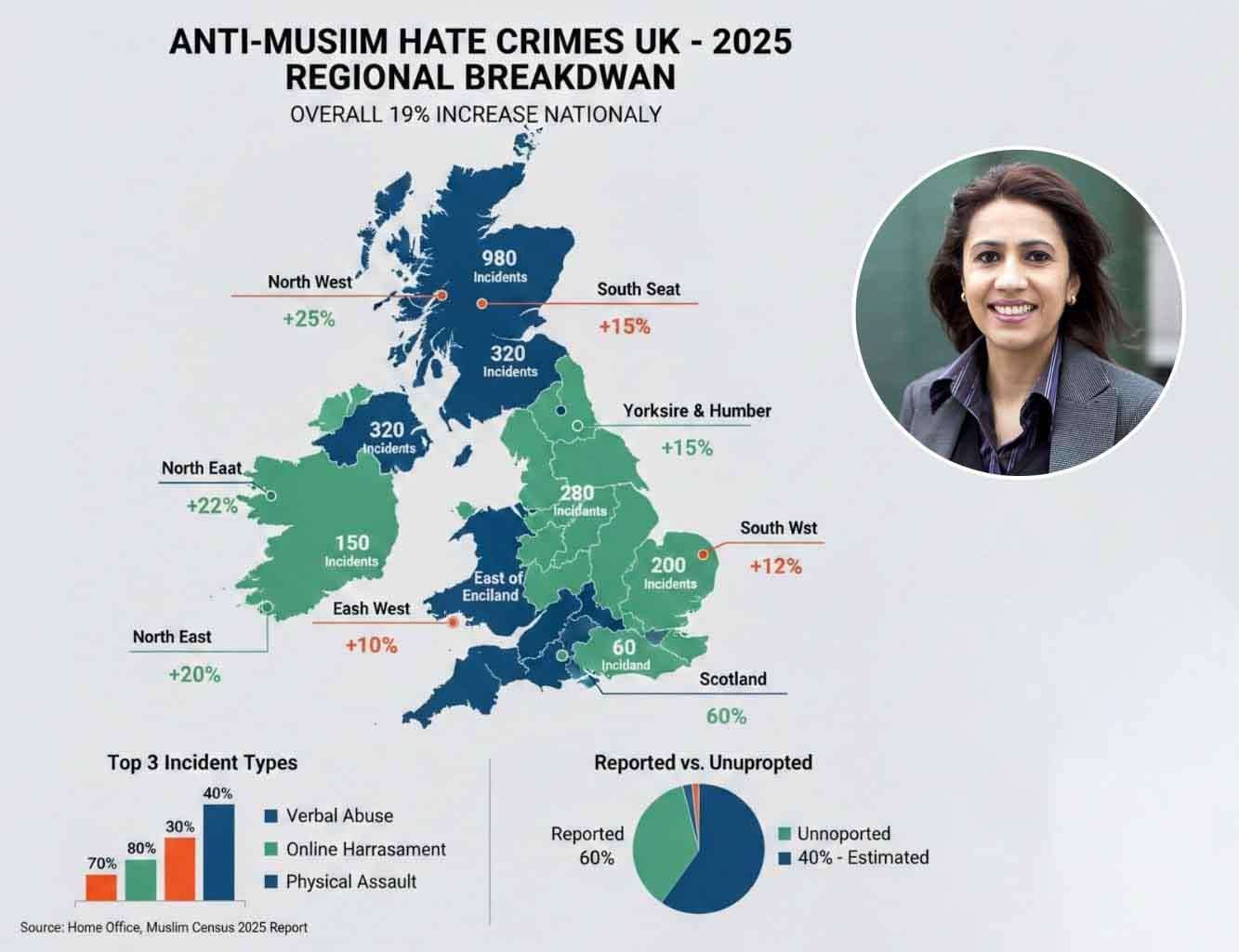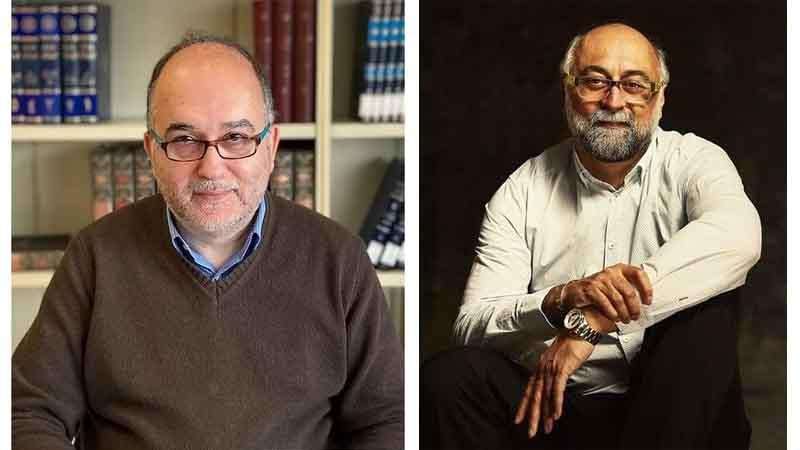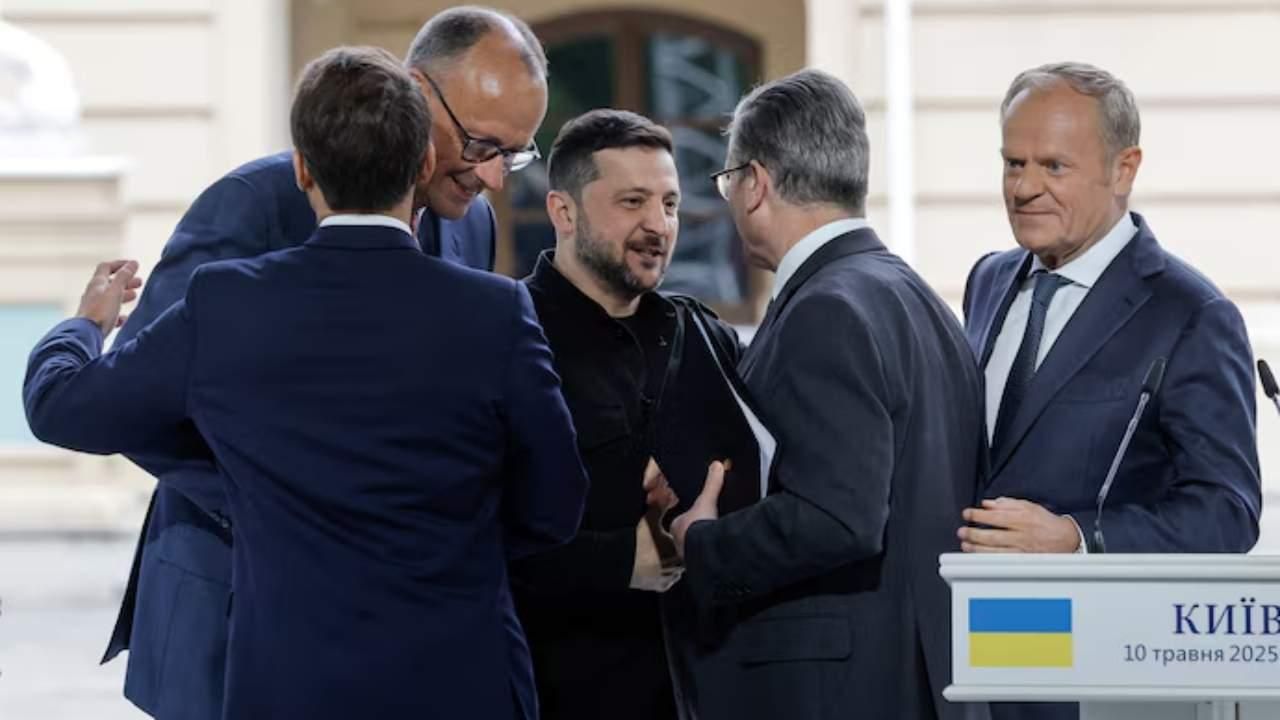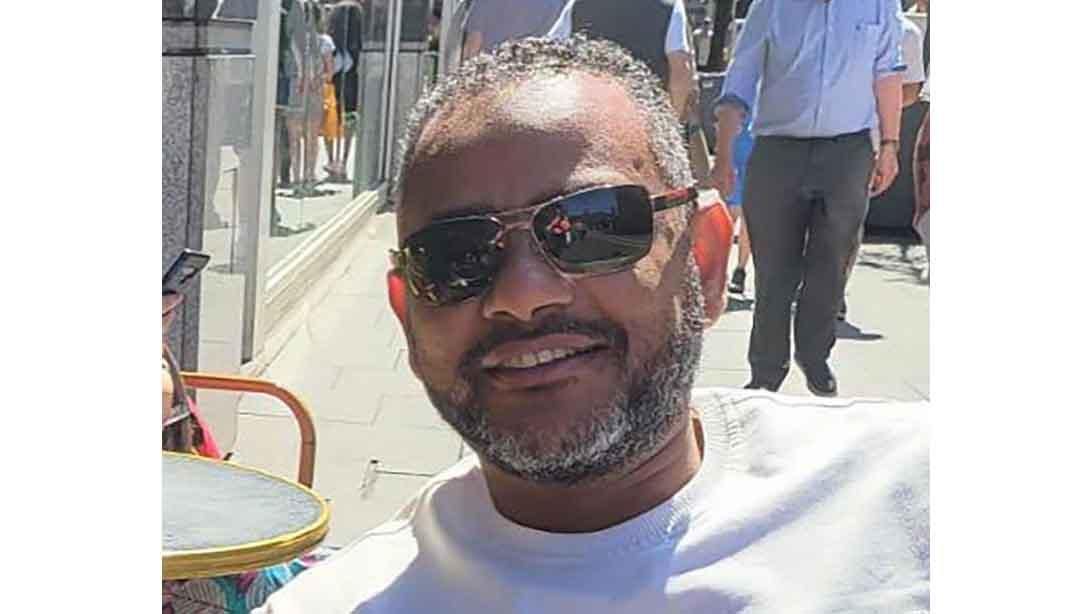Western leaders, including the United States, demanded on Saturday that Russia implement an unconditional 30-day ceasefire in Ukraine starting Monday or face increased sanctions targeting its banking and energy sectors.
“We are united in demanding this from Russia,” Ukrainian President Volodymyr Zelensky said, emphasizing U.S. support for the call.
However, Russian President Vladimir Putin responded with a proposal for direct talks in Istanbul next week, stating that Russia was prepared for serious negotiations to address the root causes of the conflict.
“I do not rule out that a new ceasefire agreement could be reached during these talks,” Putin said.
Zelensky had previously indicated that Ukraine was open to direct negotiations with Russia if a ceasefire was implemented first.
In Kyiv on Saturday, Zelensky met with key Western allies — British Prime Minister Keir Starmer, French President Emmanuel Macron, Polish Prime Minister Donald Tusk, and German Chancellor Friedrich Merz — who demanded a halt to all Russian attacks by land, sea, and air starting Monday.
Meanwhile, U.S. envoy to Ukraine, retired Lt. Gen. Keith Kellogg, shared a photo of the five leaders on a call with President Donald Trump, highlighting that a 30-day ceasefire could be the first step toward ending Europe’s largest and longest war since World War II.
Despite months of U.S.-Russian discussions, progress has been limited. Kremlin spokesperson Dmitry Peskov called Europe’s demands “contradictory” and “confrontational,” and stated that Russia would only consider a ceasefire if Western nations stopped arming Ukraine.
British Prime Minister Starmer countered that Putin imposed no conditions for the recent three-day ceasefire to mark the 80th anniversary of the end of World War II in Europe.
“If he truly wants peace, now is the time to prove it,” Starmer said.
Ukraine’s foreign minister, Andrii Sybiha, described the call with Trump as “productive,” noting that a ceasefire could create conditions for further peace talks.
Vice President JD Vance said that Russia was demanding “too much” and warned the U.S. would walk away from talks if the Kremlin did not show a genuine willingness for peace.
The Trump administration had initially proposed a 30-day ceasefire in March, but the plan stalled as Russia insisted on several preconditions.
Zelensky acknowledged the likelihood of ceasefire violations but expressed confidence that the fighting would eventually end.
Separately, he rejected a proposal by Kellogg to establish a 30-kilometer demilitarized zone in Ukraine, citing logistical challenges, particularly in regions like Kherson, where retreating would mean surrendering critical territory.








.svg)



